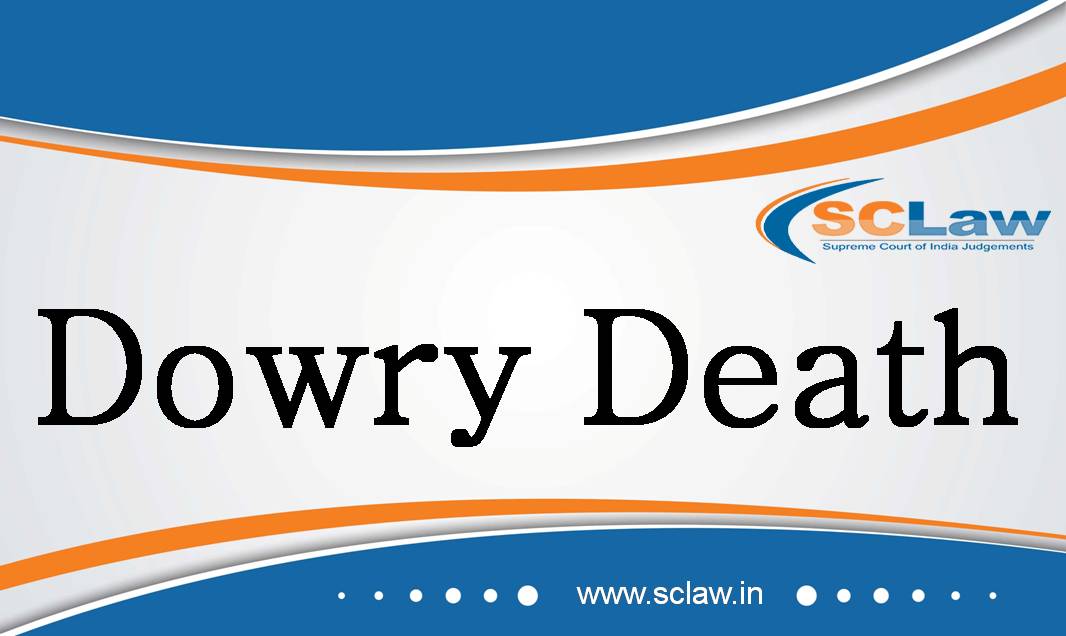Electricity Law–Compensation–Compensation has to be determined on yield basis–High Court directed consider the matter afresh–Telegraph Act, 1885, Section 10 and 18–Electricity Act, 1910, Section 51.
2009(2) LAW HERALD (SC) 739 IN THE SUPREME COURT OF INDIA Before The Hon’ble Mr. Justice Arijit Pasayat The Hon’ble Mr. Justice Mukundakam Sharma Civil Appeal No. 4702 of 2008…








